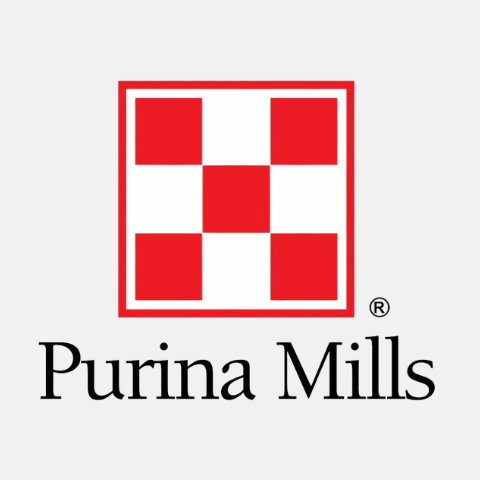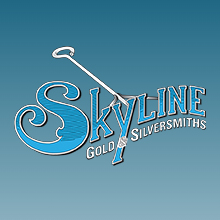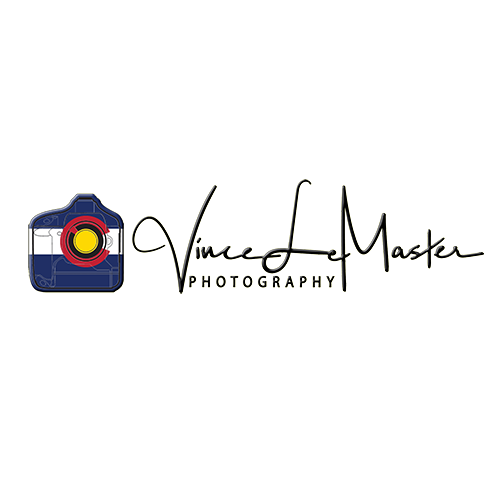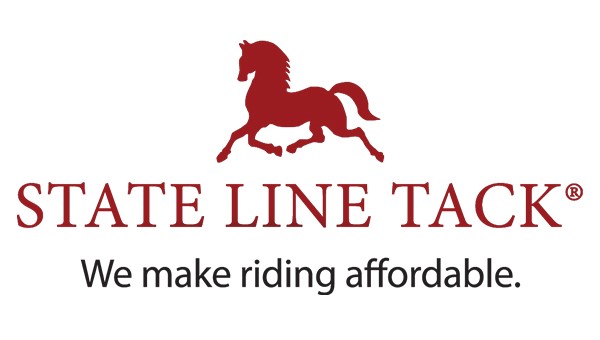- Home
- About
- Join
- Tests & Resources
- Calendar
- WDAA Programs
- Partners & Alliances
- Buy Stuff
Organize a Western Dressage ClinicBy Ellen DiBella Sunrise Morgans Parker, CO 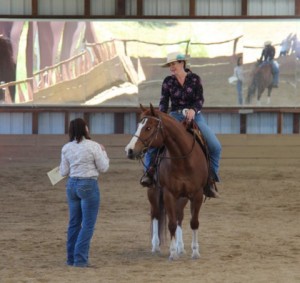 This is intended as a resource for anyone who is considering putting on a Western Dressage Clinic. It documents our experience in July 2010 at my farm in Parker, CO. WHY PUT ON A CLINIC?In almost all areas of the country, horse owners are eager to learn more about all aspects of horse ownership from care to riding to everything in between. We have an increasingly non agricultural horse community and they are desperate to learn. We have an underutilized body of knowledge and experience in the equestrian world. Western Dressage is a discipline which offers a unique learning opportunity for both horse and rider. THE MECHANICS1. Pick a clinician, a date and a suitable location. Locate an experienced clinician who has expertise in Western Dressage who will bring in participants. If this is a “new person” do some advance publicity in addition to what you would normally plan. WDAA does not certify clinicians but can put you in touch with other Western Dressage folks who have put on clinics so that you can take advantage of their experience and recommendations. 2. Budget A really good budget is essential to a successful clinic experience. Losing money is bad; breaking even is good; making money is great. Do not be intimidated by the word “budget.” It comes down to what expenses and income. When you consider how to price participation and auditing, a valuable tool is to figure out your total projected budget for your clinic. Include everything in the “bottom line” number. That means not just costs for your clinician but water, ice, insurance, misc. office supplies, port-a-potty, etc. When you add it all up, take a deep breath and do not panic. Divide all of your costs by the number of teaching hours your clinician will provide for your clinic. Your clinic needs to generate that amount of money per hour. You can do this in several ways. The first is the cost of an hour of instruction for private, semi-private, and class lessons. Your next source of income is auditors. Estimate the number of auditors that you can expect and be realistic about this; charge realistically for auditing. You will need to do some research on what the local “going rate” is for clinic participation and auditing. Is there something else that you can offer at the clinic in addition? A chance to ride a practice Western Dressage test and to film it for the rider can be fun and can also generate additional revenue. Sell something; it can be Western Dressage related or not. If your clinician has items for sale, offer to handle that for a fee. Get a sponsor for your clinic; a local feed store or tack store is always a possibility. Offer a booth or table at your event to a commercial sponsor or perhaps to realtor who deals in farm and ranch properties. Offer signage to a commercial sponsor. Offer a Hospitality Package which can include anything from snacks, to water, to lunch for your participants and auditors. 3. Publicity 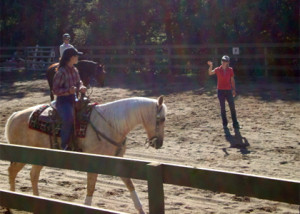 The Internet has simplified publicity and virtually eliminated printing and mailing costs. Be sure to contact WDAA to put your event on its calendar; post your upcoming event on Facebook and talk it up in the Social Corral. If you have a WDAA state affiliate, contact them for help with publicity. If you do not have a state affiliate yet, contact WDAA about using your event as a springboard and fund raiser to start one. Use both national and local email lists. Consider including local 4-H, Pony Clubs, and riding clubs in your publicity. Contact WDAA to see about publicity on their website and for contact information for breed Alliance partners’ calendars and their local club contacts; you may discover that one of these local breed clubs may want to partner with you. Ads in local free horse publications may also greatly help to “get the word out.” 4. Schedule You need to decide how many days your clinic will last and what format you think will be suitable for your potential audience and your clinician’s talents. You need to decide if a two day clinic on the weekend will work better or if you can extend it to three or more days. Participants and auditors may be limited by work schedule to weekend attendance. You might consider offering private or semiprivate lessons on non-weekend days. Consider just how long someone will be comfortable riding a horse in a private or a class setting. Both horse and rider will need a break if the lesson goes much more than an hour. We made the decision to offer a class lesson limited to no more than 10 riders for 2 ½ hours in the morning and to have the private and semi-private lessons in the afternoon. Your clinician will tell you what hours they feel comfortable working; don’t kill the clinician! 5. Safety and Insurance Whether you use your own facility for a clinic or rent one, you need to be safety conscious. Even though most states have Equine Liability Laws that recognize horse activities as inherently dangerous, you are always at risk. You can minimize that risk by being careful about safety issues and by purchasing special event insurance. You can contact Equisure; they are in the business of insuring horse events and are marvelous to work with. They may waive the “group fee” because of WDAA. Rates may vary according to your area and situation but should be about $150 per clinic day. You simply CANNOT afford to skip insurance. If you rent a facility, they will insist that you have insurance and list them as a “named insured.” If the clinic is to be held on your property, notify your private insurer and provide them with a copy of your event insurance and the Hold Harmless document. 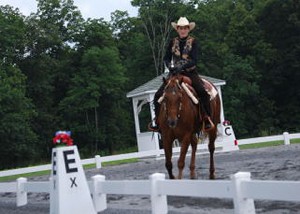 Walk the grounds where the clinic will be held very carefully and search out anything that might be a hazard. The ring must be safe and an adequate size to accommodate the number of horses that may be working in it. Consider that quite a number of horses and riders may be warming up at one time prior to a lesson. Farm equipment, tractors, ring drags, manure spreaders might be familiar to your horses but will likely be fire breathing dragons to strange horses. Put it away, barricade it, move it before the clinic begins. If you will need a tractor to drag the ring during the clinic, post large safely cones around it and park it as far as possible from the area where horses will be. Don’t assume that the riders will take precautions; take them yourself. Have a designated parking area for both cars and horse trailers. Be sure that it is far enough away from the riding area so that activity there will not be a distraction for horses and riders. Provide a safe place to lunge horses where they cannot escape to a busy interstate if they get away from their owner/rider. Use LOTS of signage; horse people are famous for not reading so there is no such thing as overkill when it comes to signs pointing the way. We all have dogs and we love them; other people and their horses might not love them. Your own dogs should be confined and not allowed to roam the clinic area; do NOT allow anyone to bring dogs on the property whether it is yours or a rented facility. We did make an exception for a therapy dog in training who was kept on a leash at a good distance from the horses and was wearing training gear, but you must require documentation of the therapy dog’s status. Be sure that there is adequate water for the participants’ horses. If you rent a facility, check to be sure that the stalls are safe and get a written agreement about use of stalls, bedding, cleaning and stripping stalls, the price of stalls, damage to stalls or the facility, and who collects the money. Have a written agreement between you as clinic management and each participant that spells out mutual responsibilities regarding stabling. If you rent a facility, be sure to lock up all your materials each night or take them with you. Always take your receipts with you! If you hold a clinic on your own property, be sure that no participating horses come in contact with your horses or enter your barn unless you have made prior arrangements with an individual. Require a negative Coggins of all participants’ horses; this protects your horses and all the participants. If you rent a facility, they will insist on negative Coggins for horses as well. Out of state horses attending a clinic should have a current health certificate. If you host a clinic at your property, be sure that your home and belongings are secure. Keep your tack room locked if need be and keep both auditors and participants at the barn area and away from your home. If you have family members, especially a husband, who are not quite as horse crazy as you are, giving them some space and privacy is a very good thing. It will also improve the odds that they will agree to let you host another clinic. 6. Stuff Whether you use your own farm or rent a facility, you need to provide restrooms or rent toilet facilities for the auditors and participants. The rental agency can tell you how many “porta-potty’s per person” are ideal. Provide hand sanitizer and check on the cleanliness each day. 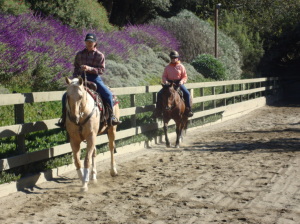 If you are outdoors during warm weather, you will need shade for auditors and seating. If there is not adequate seating already in place, either rent chairs or require that people bring their own. You can rent tents or awnings for shade; try to minimize the “spook factor” inherent in them. You will also need a comfortable place for your clinician to sit while in or outside the ring. A small gazebo is perfect for this; put a couple of chairs and a cooler under it as well. If your clinician is “time challenged”, put a large clock there also. You will need an audio system if one is not provided by the facility that you rent or if you do not have one at your own facility. Most clinicians will need a cordless microphone that is not hand held so be sure to ask about one in the sound package. If you have the capability of playing music on the sound system, take advantage of it. Unless you are an expert with these things, consider having the company that you are renting from deliver and set up the system. Do not believe your husband when he assures you that he can do it himself! You can save the clinic and your marriage in one stroke! Whether you provide a Hospitality Package or not, you will need to have some refreshments available for both auditors and participants. Safe drinking water or bottled water is a must. Trash cans and provisions for disposing of both people and horse trash is necessary. Your clinician may have “stuff” to sell; DVD’s, books, tack etc are common. Decide who will sell it, collect the money, be responsible for inventory, manage the delivery of items that are purchased and will be shipped at some later date and then put it in writing as part of your contact with the clinician. A receipt book helps with this. You will need name tags for both auditors and participants and you will need some way of identifying riders/drivers for you clinician. We used 5”x8” name signs with pins that the riders could attach to each side of the saddle pad. We used used color code dots to indicate which day or days had been paid for auditing. 7. People and Paper 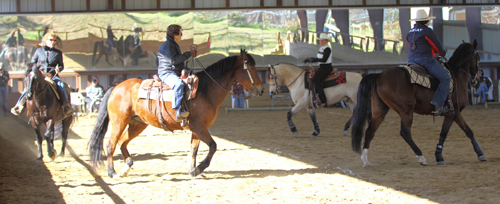 Not even Superman, or should that be Wonder Woman, can put on a clinic without lots of generous, talented help. You will need at least one other “organizer” to work with you and another individual who is very savvy to handle the money at the door. Be sure to have change on hand; count your cash twice a day so that you will be able to reconcile it. Keep any “petty cash” separately and be sure to keep receipts for that. Plan on two more people to run errands (ice melts faster at a clinic, it is a law of nature), to work the ring, pick up poop, etc. You can offer free lessons or mortgage a life long friendship, but be sure to have great people helping you with the clinic. A sense of humor is an absolute requirement for everyone involved in the undertaking. We developed a number of forms for a clinic which are available from the WDAA. The Liability Hold Harmless can be adapted for any clinic; just change the names to protect the innocent. Each registration document will need to be tailored to the individual situation but this is a start. Leave room at the bottom for the on site money person to make notes. We also had a flyer about the clinic; the WDAA can help you with this as well. The flyers and the registration were attached to emails about the clinic; the Hold Harmless should be signed in person and witnessed by the money person at the registration desk. It is a huge time saver and frustration saver if people have filled out the registration before they arrive. We prepared packets for each participant with name tag, saddle tags, registration form, etc. When we do another clinic, we will also have packets for prepaid auditors. It can get busy and confusing for the money person; consider having at least two people at the registration desk. An Excel spreadsheet is your best friend when you host a clinic. Trust me when I tell you that sticky notes are marvelous but they are easily lost along with vital information. Keeping track of participants and auditors, their contact information, scheduled lessons, payments, etc is only possible with Excel. If you are uncomfortable with this skill, get help from a friend or draft a child or grandchild to do it. You can reconcile the updated spreadsheet with registration forms to be sure that you know just where you are financially. Keep all the contact information for your data base for future clinics or horse activities. This is a bare outline meant as a guide for you to create your own clinic. Western Dressage is a marvelous discipline which offers a unique learning opportunity for both horse and rider. A clinic is the perfect way to introduce it to your equine community. The Western Dressage Association® of America is ready to assist you. PREPARE TO HAVE A GREAT TIME AT YOUR CLINIC AND THEN…PLAN TO TAKE A DAY OR TWO OFF WHEN IT IS OVER. |



